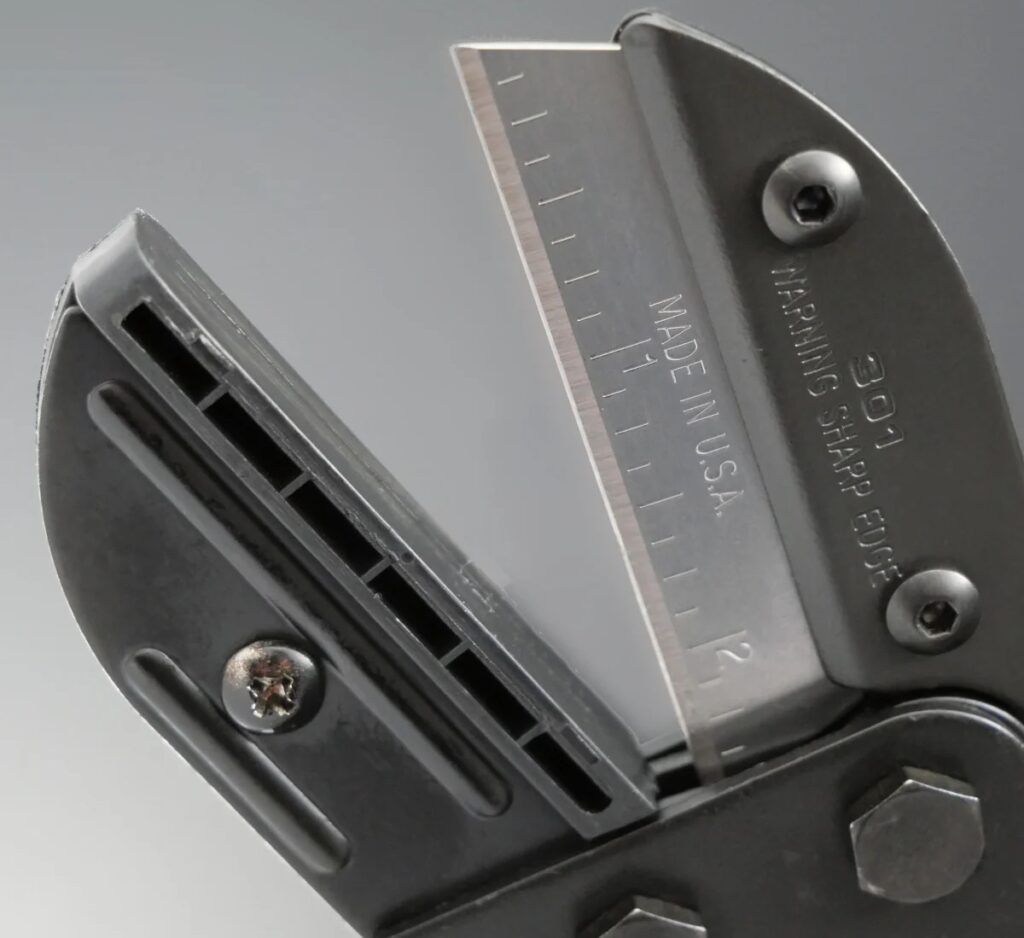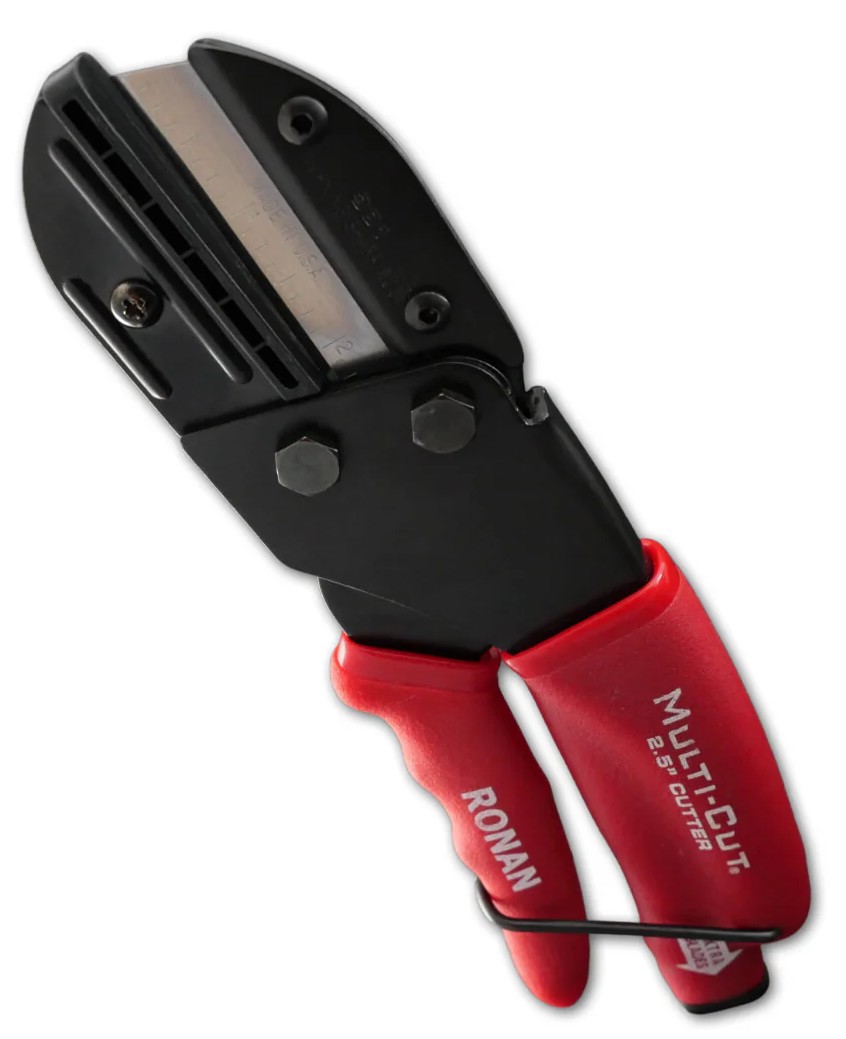Cutting Visco fuse might sound like the easiest step in a project, but ask anyone who’s tried to do it with a dull pair of scissors or a set of pliers; the results aren’t always pretty. Frayed ends, uneven lengths, and even damaged fuses can throw off your timing and ruin your setup. That’s why choosing the right fuse cutting tools is so important.
Whether you’re a casual hobbyist or setting up something more complex, the tool you use makes all the difference. Let’s compare the most common cutting methods, from the everyday scissors to the Ronan Multi-Cut, and see which ones truly get the job done.
Why the Right Fuse Cutting Tools Matter
A Visco fuse burns at a consistent, measured rate. That consistency depends on the fuse being intact and undamaged from start to finish. When you use the wrong tool, you risk:
- Splintering or fraying the fuse coating.
- Crushing the powder core, which can alter burn rates.
- Creating jagged edges that are harder to light.
The reality is: the better the cut, the more reliable your fuse will be. Good fuse-cutting tools not only give you precision but also add a layer of safety and durability to your projects.

Scissors: The Everyday Option
Scissors are usually the first thing people reach for. After all, who doesn’t have a pair in the junk drawer? They’re cheap, accessible, and familiar.
Pros:
- Inexpensive and easy to find.
- Good for quick, small jobs.
Cons:
- Scissors dull quickly, especially on tougher fuses.
- They tend to pinch instead of slice, leading to uneven or crushed ends.
- Cheap scissors often don’t have the sharpness needed for clean cuts.
Verdict: Scissors work in a pinch, but they’re not ideal for long-term use. If you’re serious about your projects, you’ll outgrow them fast.

Hobby Knives: Precision at a Price
Hobby knives (like the classic X-Acto) are designed for precision work, so it makes sense that many people turn to them when cutting fuses.
Pros:
- Razor-sharp blades deliver clean, straight cuts.
- Great for detailed or careful setups.
Cons:
- Fragile blades that wear out quickly.
- Risk of slipping, which can make them less safe.
- Not great for thicker or denser fuses.
Verdict: Hobby knives offer excellent precision but require extra care. They’re best for small, careful projects — not for cutting bulk lengths.

Wire Cutters: Durable but Imperfect
Wire cutters are built for strength, which makes them appealing when you’re working with tougher materials.
Pros:
- Durable and long-lasting.
- Easy to find at any hardware store
- Can handle thick or rigid materials.
Cons:
- The cutting action often crushes instead of slicing.
- Ends may fray, splinter, or lose shape.
- Not designed with fuses in mind, so results vary.
Verdict: Wire cutters are tough, but they aren’t purpose-built fuse-cutting tools. If clean edges matter to you, you may want something more precise.

Ronan Multi-Cut: The Purpose-Built Upgrade
Here’s where things get interesting. The Ronan Multi-Cut looks like a cross between a pair of shears and a utility knife, but its unique design makes it one of the best fuse-cutting tools available today.
Instead of using scissor-like friction, the Multi-Cut uses an anvil-style mechanism. A razor-sharp blade comes down onto a flat polymer surface, slicing cleanly without crushing. This spark-free design eliminates friction, reduces wear, and protects both the fuse and the blade.
Pros:
- Spark-free cutting for maximum safety.
- Razor-sharp industrial blades built for precision.
- Replaceable blades that last up to 18 months.
- Built-in storage with three extra blades included.
- Consistent, clean cuts every time.
Cons:
- Slightly higher upfront cost compared to scissors or wire cutters.
Verdict: The Ronan Multi-Cut is in a league of its own. For hobbyists and professionals alike, it delivers precision, safety, and durability that other tools simply can’t match.
Which Fuse Cutting Tool Is Right for You?
Let’s recap:
- Scissors are cheap and accessible, but they dull quickly and deliver uneven cuts.
- Hobby knives give precise cuts but require caution and frequent blade changes.
- Wire cutters are durable but not designed for fuses, often leading to crushed ends.
- Ronan Multi-Cut combines sharpness, durability, and safety, making it the standout option.
If you only cut fuse occasionally, basic tools may get you by. But if you’re after consistent, clean results, the kind that keep your projects safe and reliable, the Ronan Multi-Cut is worth the investment.
Choosing the right fuse cutting tools isn’t just about convenience. It’s about getting clean, consistent cuts that keep your Visco fuse performing the way it should. While scissors, hobby knives, and wire cutters each have their place, they all come with limitations.
The Ronan Multi-Cut stands out as the most reliable option, designed specifically for tough, dense materials like fuse. It offers a level of safety, durability, and precision that other tools can’t match.
If you’re ready to upgrade your setup, take a look at the Ronan Multi-Cut in our shop and make every cut clean, safe, and consistent.
